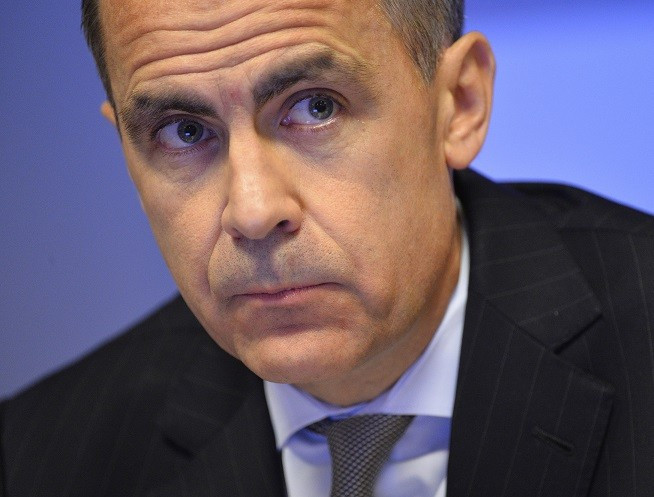Why Curbing Bank Bonuses is a Terrible Idea

The Bank of England's governor Mark Carney has hit back at critics of the financial services industry by saying that cutting bankers' bonuses is "absolutely too crude", and that deferring extra rewards by a number of years would be a better option.
On top of that, the UK's main opposition party Labour placed enormous pressure on the government to pre-empt the potential request, by the Royal Bank of Scotland (RBS), to boost its bonus pool. The coalition party later relented and said it would veto any such increases.
But why would anyone be against curbing bonuses when the world has been rocked by seemingly endless financial scandals?
Well there are a couple of very good reasons but the public isn't going to like it.
Here's a quick run down.
Clawing Back
What's the difference between a banker earning £500,000 in salary and a £1.5m bonus each year and a financier that earns £1.5m in basic pay and £500,000 annually?
Well, the difference is that the with the second person, the company and regulators can only claw back a half a million pounds, even if the person has been sacked for misconduct, or if the institution was found to have mis-sold financial products, or was part of a banking scandal.
Good luck trying to get a banker to voluntary give up a non-obligatory £1.5m basic pay package in the event that his or her team was found rigging rates, for example.

What people don't realise, because we can't get our heads around the fact that front line traders and bankers can earn more in one annual bonus than many of us earn over several years, decades or a lifetime, is that the industry will always pay a lot.
Curbing bonuses will not end lucrative pay packages nor will it stop bankers taking risks – which is where most of the profits come from.
It will only lead to – and it already has – banks increasing basic salaries to keep its top talent happy and circumvent any new bonus rules that will be enforced across the EU and UK.
Minimal Effect
The Financial Conduct Authority (FCA) has outlined in several reports and interviews that incentive schemes, whether through bonuses or other rewards, only encourage mis-selling.
The FCA's chief executive Martin Wheatley has already urged financial providers to consider ending bonus schemes, to prevent further mis-selling scandals that have cost Britain's banks billions of pounds in compensation.
However, while ending bonuses for sales quotas may mitigate some of the inappropriate sales for retail products, risky trading will not end. This is how banks make the most profit.
The greater the risk, the higher the return.
Tougher compliance, oversight, and systems are the only way to properly police this but ending bonuses won't mean that banks are suddenly going to stop trading derivatives or assets.
Furthermore, financial scandals and risky trading will always happen. It's utopian to think that the financial system will be left unscathed from here on out.
So what happens when a bout of 'mis-selling' or market rigging occurs if you've capped bonuses?
Lots of slapped wrists, lots of painful investigations - and less money to claw back for victims.
© Copyright IBTimes 2025. All rights reserved.






















